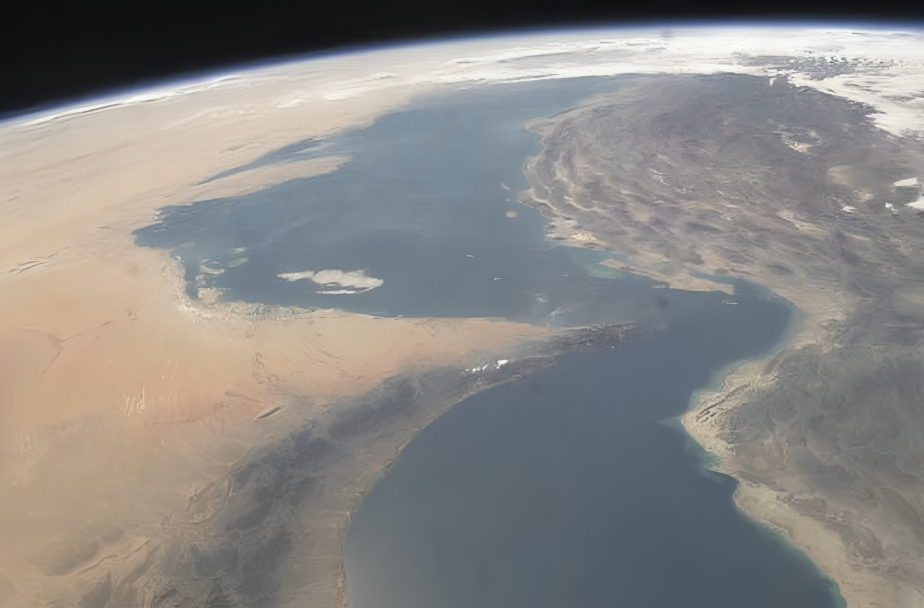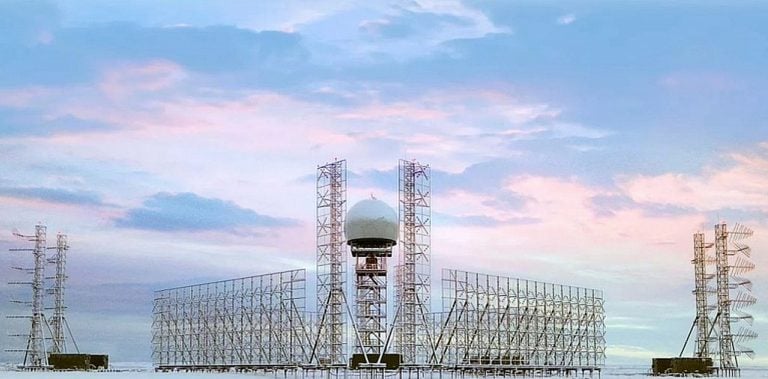Following recent U.S. airstrikes targeting three Iranian nuclear facilities, Iran’s Parliament has made a significant and provocative decision to pass a proposal to close the Strait of Hormuz, a crucial maritime passage for global oil trade. This move escalates tensions in the already volatile geopolitical landscape of West Asia and poses serious implications for nations reliant on energy imports, notably India.
The Strait of Hormuz is a narrow but vital channel situated between Iran and Oman, serving as a key conduit for global energy supplies. Approximately 20-30% of the world’s oil exports and more than one-third of liquefied natural gas (LNG) shipments transit through this passage. A blockade could lead to immediate and far-reaching consequences for energy-dependent economies, particularly in Asia.
India stands out in this context, relying heavily on the Gulf for its energy needs. With over 80% of its crude oil imports sourced from this region, including major suppliers such as Saudi Arabia, Iraq, and Iran, the potential closure of the Strait of Hormuz raises serious concerns regarding India’s energy security and economic stability. For instance, Qatar accounts for around 39% of India’s LNG imports, and any disruptions could have devastating effects on various sectors, including petrochemicals, fertilizers, and overall industry supply chains.
Economically, the closure of the Strait is likely to trigger a surge in global crude oil prices, potentially leading to heightened inflationary pressures within India. Key sectors like transport, aviation, and agriculture could face increased costs, worsening the fiscal deficit and current account balance. Despite recent advantages gained from lower oil prices and the establishment of strategic reserves, a sustained blockage could test India’s economic resilience, particularly following the impacts of the COVID-19 pandemic and ongoing global trade challenges.
In response to these escalating tensions, India has maintained a robust naval presence in the Arabian Sea and Gulf of Aden to protect its energy supply routes. Operations like Operation Sankalp reflect its commitment to ensuring maritime security and making evacuations if necessary. However, a closure of the Strait would complicate naval operations, elevate risks to maritime trade, and increase pressure on both naval and diplomatic resources.
The Indian diaspora, with over 9 million citizens residing in the Gulf and contributing annually to remittances exceeding $40 billion, would also be significantly affected by instability in the region. Disruptions to maritime logistics could hinder trade flows, impacting small and medium-sized exporters and jeopardizing the well-being of Indian expatriates.
Diplomatically, India has historically navigated complex relationships with Iran, the U.S., Israel, and Gulf nations, adopting a strategy of strategic autonomy. India’s previous neutral stance during regional conflicts points towards a similar approach now, with an emphasis on silent diplomacy and calls for restraint while safeguarding its economic and strategic interests.
In terms of energy strategy, India has been working to diversify its oil sources, increasing imports from regions like West Africa, the U.S., and Russia. The country’s strategic petroleum reserves can provide several weeks of supply during short-term crises. However, the transition towards renewable energy sources remains a long-term goal, as existing dependency on fossil fuels for industrial and transport sectors continues to be substantial.
The implications of closing the Strait of Hormuz extend beyond India, impacting global markets and countries such as China, Japan, and South Korea, which also depend heavily on Gulf energy. Potential increases in maritime insurance rates, shipping delays, and heightened logistics costs could exacerbate challenges faced by global supply chains and provoke broader risks across the Indo-Pacific region.
In essence, while India may not be directly involved in the U.S.-Iran conflict, the closure of such a critical passage would profoundly affect its energy lifelines, economic stability, and broader strategic calculus. This emerging situation underscores the urgent need for India to bolster its strategic petroleum reserves, accelerate energy diversification efforts, enhance regional maritime security cooperation, and maintain balanced diplomatic relations as global rivalries intensify.
With tensions in the Gulf rising, India is compelled to prepare for both immediate challenges and long-term resilience, recognizing that energy and geopolitics are increasingly interconnected in today’s world.







